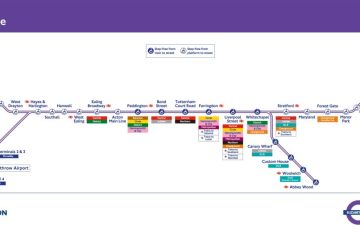Understanding TFL: Transport for London and Its Importance

Introduction to TFL
Transport for London (TFL) plays a vital role in the transportation system of the UK capital, London. Managing an extensive network of public transport services, TFL is vital for millions of commuters and tourists who rely on its services for efficient travel throughout the city. With an ever-evolving landscape, recent developments within TFL are significant for the public, especially as they adapt to post-pandemic ridership and evolving transportation needs.
Current Developments in TFL
As of October 2023, TFL is implementing several key initiatives aimed at transforming public transportation and promoting sustainability. One major project is the introduction of more electric buses, which directly addresses the increasing concern over air quality in urban areas. TFL has announced the target of making its entire fleet zero-emission by 2030, which reflects a wider commitment to environmental responsibility.
Additionally, TFL has been working on the expansion of cycle lanes across the city. Following the surge in cycling during the pandemic, proposals for new bike routes and enhanced infrastructure are now underway. These improvements not only aim to promote cycling as a preferred mode of transport but also strive to alleviate congestion on London roads.
Furthermore, the introduction of contactless payment options has revolutionised how passengers can access travel. TFL has reported a steady increase in individuals opting for contactless payments through Oyster cards and mobile payments, reducing queuing times and enhancing the commuter experience.
Impact on Commuters
These advancements signal positive changes for London commuters. As TFL invests in electrifying its fleet and expanding cycle paths, residents can expect more efficient, cleaner, and safer travel options. Increased funding has also been allocated to educational programs promoting sustainable travel methods, which is an essential aspect of TFL’s mission to reduce the carbon footprint of London.
Conclusion and Future Prospects
In conclusion, TFL is not just a transportation service but a crucial pillar supporting London’s economy and the well-being of its residents. The organisation is continuously evolving to meet the changing needs of the city’s inhabitants. As such, future initiatives, such as the promotion of smart travel technology and expanded cross-transport integration, are on the horizon. Staying informed of TFL’s developments is essential for anyone navigating London, be it for daily commuting or tourist exploration, highlighting the organisation’s relevance in modern urban transport.









